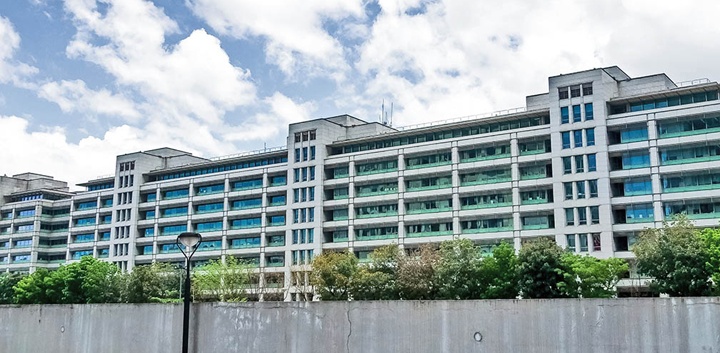
TAPPING additional financing through the issuance of social bonds has helped countries like the Philippines finance their Covid-19 efforts, according to the Asian Development Bank (ADB).
In its Primer on Social Bonds and Recent Development in Asia, ADB said while the pandemic will fade, the need to finance other social needs will remain.
This is particularly the case in financing the Sustainable Development Goals (SDGs). Investing in the SDGs makes business and economic sense since it could open $12 trillion in market opportunities and create 380 million new jobs by 2030.
“There is undoubtedly an urgent and compelling case for the development of a robust social bond market in Asia. Harnessing the power of private capital to meet critical social needs is an opportunity for both issuers and investors to address these needs in a financial context,” the report said.
“While the Covid-19 pandemic will eventually fade away, one lasting impact may well be its catalytic effect on the development of social bonds worldwide,” it added.
ADB said the global social bond issuances surged to $149.4 billion in 2020, an eightfold increase from 2019. In 2018, the social bond market increased 28 percent and in 2019, it grew 44 percent.
In Asia, ADB said the social bond market grew 22.3 times between 2017 and 2020. This is faster than the growth of the social bond market in Europe at 9.8 times and the world, excluding Asia, at 14.3 times.
In the Philippines, the Bank of the Philippine Islands (BPI) issued social bonds worth $438 million. This is the only social bond issuance included in the report.
However, the Bangko Sentral ng Pilipinas and Securities and Exchange Commission (SEC) urged banks and firms to ramp up their social and sustainability bond issuance to help the country recover from the pandemic.
In June 2020, the SEC approved the BPI’s application to issue Covid-19 Action Response Bonds under the Association of Southeast Asian Nations social bond label.
“Every actor in the ecosystem has a role to play. Governments, supranationals and philanthropic institutions can all support the development of this market, offering technical assistance, guarantees of capital, education, thought leadership, and a supportive regulatory environment,” ADB said.
“Issuers can seek out social investment opportunities and put into place the scaffolding for social bond issues that can be quickly erected and completed in accordance with ICMA [International Capital Market Association] and Asean guidelines,” it added.
In the United Nations Common Country Assessment Update for the Philippines, the country’s progress in achieving the Sustainable Development Goals (SDGs) suffered under the weight of the pandemic and could lead to a regression in the country’s performance in the global goals.
Based on a simulation, Covid-19 could increase poverty incidence among families and population to 18 percent and 23.8 percent, respectively. With the same, poverty incidence could go down to 13.8 percent for families and 19.4 percent for population, regardless of whether 14 million or 18 million received the subsidy.
This is one factor that could cause the country’s regression in achieving SDG 1 on eradicating poverty, the authors said. Prior to the pandemic, the country had already cut its poverty incidence.
The country is in danger of regressing in its efforts to achieve SDGs 4 on quality education; 5 on gender equality; 8 on decent work and economic growth; 9 on industry, innovation and infrastructure; and 11 on sustainable cities and communities.
Prior to the pandemic, the country was off-track in meeting SDGs 2 on hunger; 3 on health; 6 on access to water and sanitation; 10 on reducing inequality; 12 on sustainable consumption and production; and 16 on peace, justice and strong institutions.
